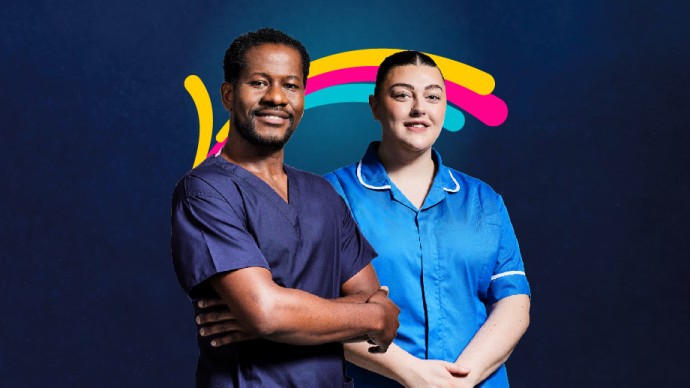The role of genetics in elite athletes
Elite athletes

Standfirst
Whether it’s winning a World Cup, clinching an Olympic Gold Medal, or achieving a world-record time, there is a story to tell behind the success of every elite athlete.
Research and support from Manchester Met have not only played a part in some of these stories but is also helping to shape the future of elite sport and paving the way for the next generation of sporting superstars.
Main story
One of these pioneering areas of research is led by Kirsty Elliott-Sale, a Professor of Female Endocrinology and Exercise Physiology at the University’s Institute of Sport.
Her work has focussed on the experience of female athletes and how the menstrual cycle and hormonal contraceptives may affect performance and the potential susceptibility to injury.
She said: “From our research, which has looked specifically at the effects of menstruation on exercise performance, we found that during the early follicular phase of the cycle – so during menstruation – exercise performance is slightly reduced, but only a trivial amount.
“A trivial amount might make a big difference to some female athletes in their chosen sport and might make no difference at all to a different female athlete in their sport – context is key.
“That being said, periods affect individuals differently. But what our research is helping to do is determine how women can manage these impacts, such as adapting training.”
Our research programme with UKSI will allow us to finally conduct high-quality, fit-for-purpose research for elite female athletes.
Key to Prof Elliott-Sale’s work is the partnerships that Manchester Met has formed with sporting organisations, including Manchester Thunder Netball, Sale Sharks Rugby Union and UEFA.
She said: “Our partnerships are allowing us to bridge the gap between high-quality laboratory research, which is performed under very stringent conditions, and the reality of applied sport, which is performed under highly variable conditions.”
And this work is set to continue through an exciting new research partnership with the UK Sports Institute (UKSI), which aims to provide better understanding and support for sportswomen and coaches.
Prof Elliott-Sale said: “In the past, we have overlooked female athletes, especially elite ones, from sport and exercise science research. Our research programme with UKSI will allow us to finally conduct high-quality, fit-for-purpose research for elite female athletes.”
Discovering the role of genetics
Manchester Met’s expertise and research are also at the centre of global debates about biology and gender identity, the regulation of sport and the role of genetic testing.
Alun Williams, Professor of Sport and Exercise Genomics at the University’s Institute of Sport, is leading research on the role of testosterone on physical performance in athletes with differences in sex development (DSDs) and transgender athletes.
Explaining the significance of genetics in elite athletes, he said: “Runners with a certain version of one particular gene will be able to finish a marathon around three minutes faster than those who don’t have this type of gene. Three minutes might not seem massive, but on an elite level, it is really significant.”
Runners with a certain version of one particular gene will be able to finish a marathon around three minutes faster than those who don’t have this type of gene.
Prof Williams – who has also served as an independent expert at the Court of Arbitration for Sport – was part of a team of researchers who were the first to show that possessing multiple, specific genetic variants can improve physical performance.
They identified the impact of individual genetic variations, including a strong link between an ACE gene with a particular type of receptor and high levels of athletic endurance.
A better understanding
Dr Georgina Stebbings, Reader in Sport and Exercise Physiology at Manchester Met, also focuses her research on how variations in our genes can make us faster, stronger or give us greater endurance.
She said: “Our genes can play a huge part in our athletic performance. Sometimes, the characteristics we are born with may naturally determine whether we are good at something or not. And sometimes, a single adaptation in one of our genes has the ability to turn someone into a superior athlete.
“It’s been a controversial topic for many years, with some arguing that these athletes have an unfair advantage, while others argue that there is no single factor that is wholly responsible for their ability. And that is actually a very exciting prospect.”
Our genes can play a huge part in our athletic performance.
Prof Williams hopes these exciting prospects will lead to a better understanding of genetics’ role in sport and exercise performance.
He said: “There’s so much more left to learn than has been discovered so far. The scientific community, globally, needs to come together to share information so we can upscale our research.
About 200 years
Manchester Met celebrates two centuries of driving progress through excellent education and research.
-
![200 years 1824-2024]()
200 years
Find out more -
![Two nurses standing together and smiling]()
Transforming health
Find out more



